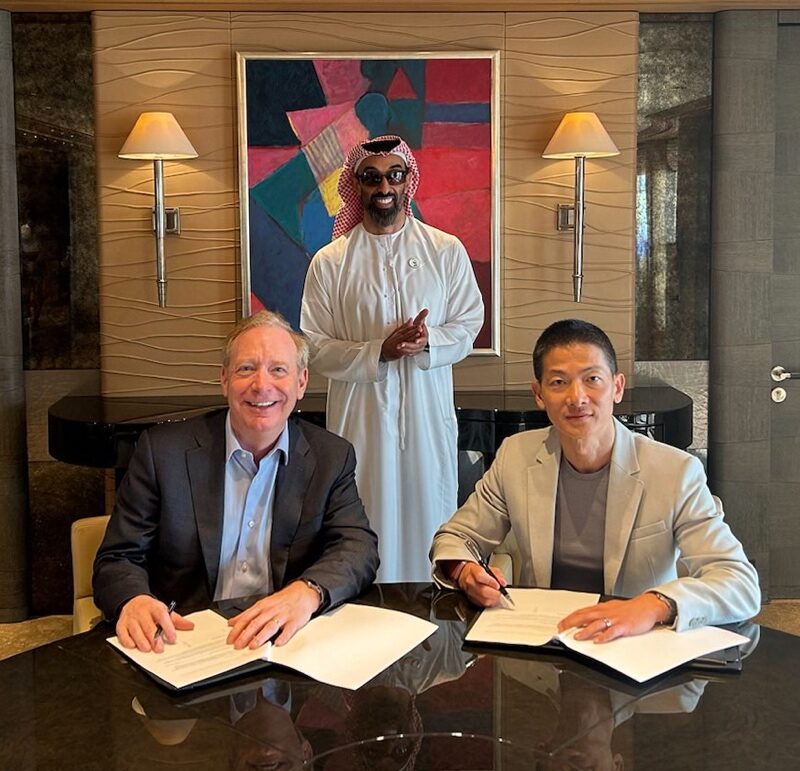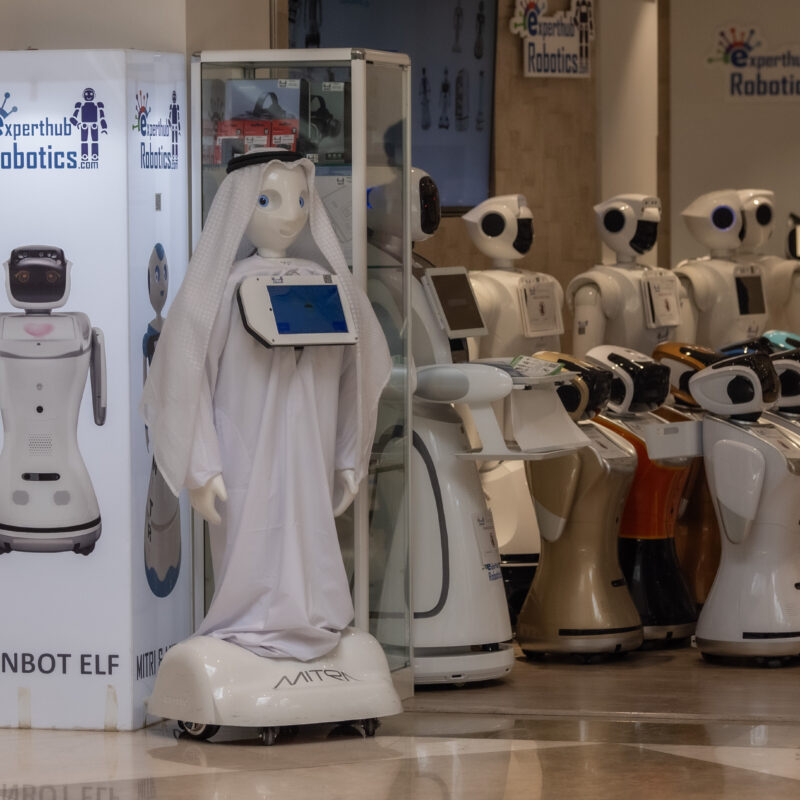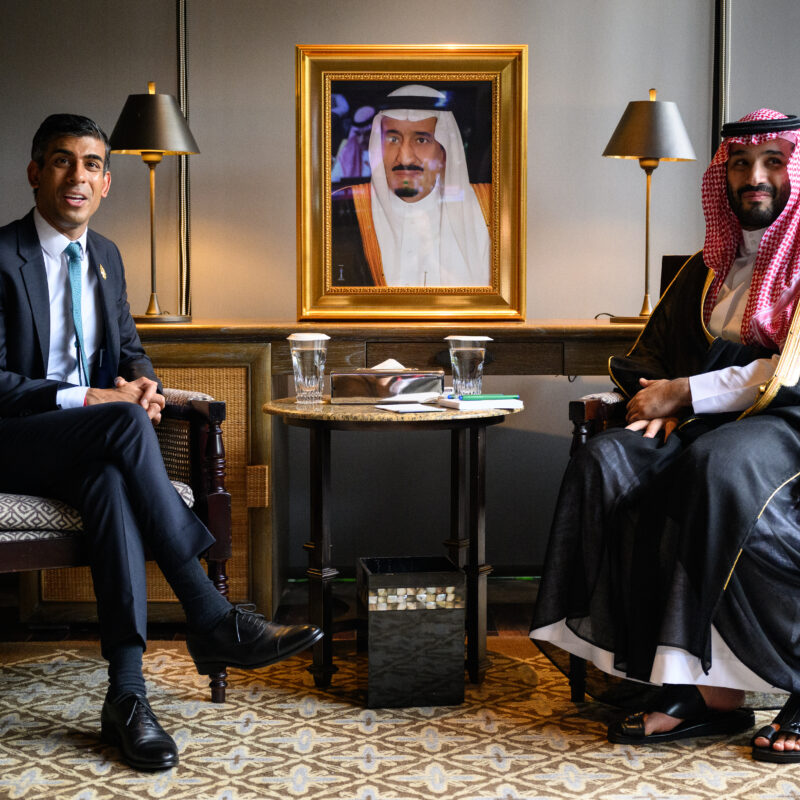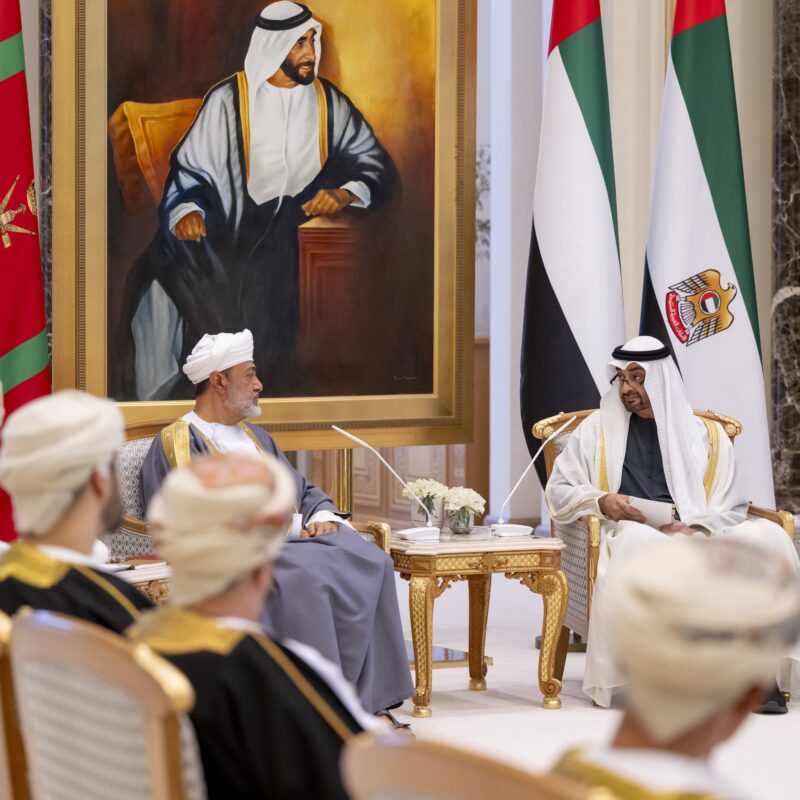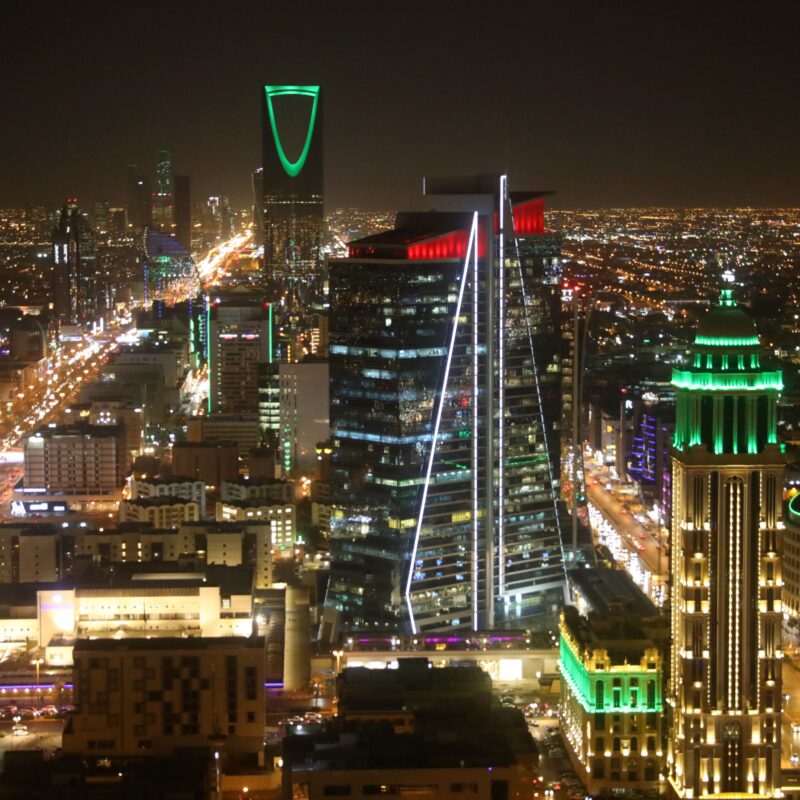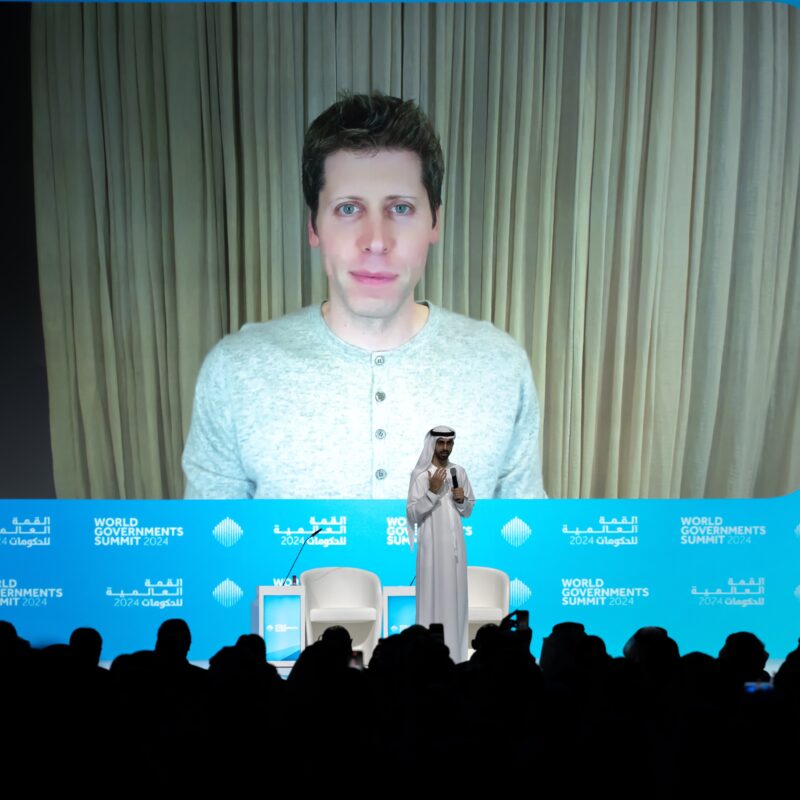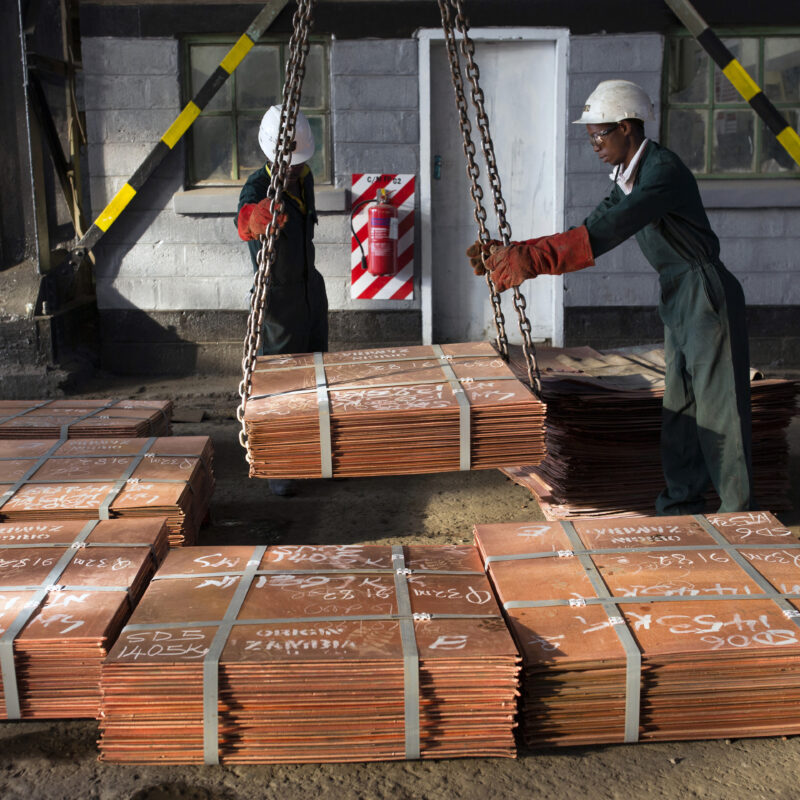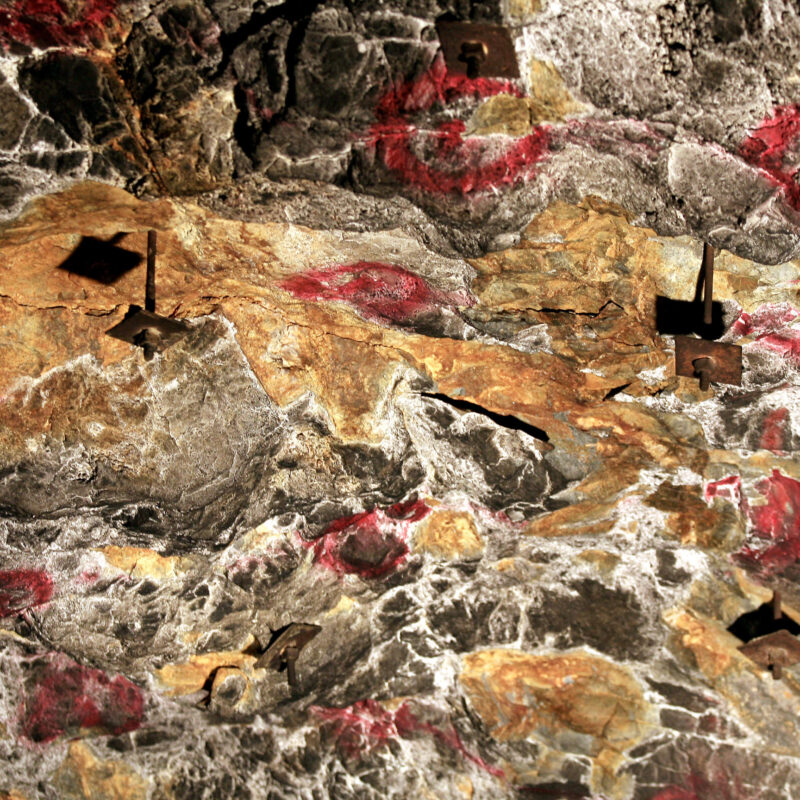N7 spotlights projects that could provide resources for Middle East
Building on Negev Forum Arab-Israeli meetings, N7’s Abu Dhabi meeting focuses on multilateral cooperation in agriculture, water and food security
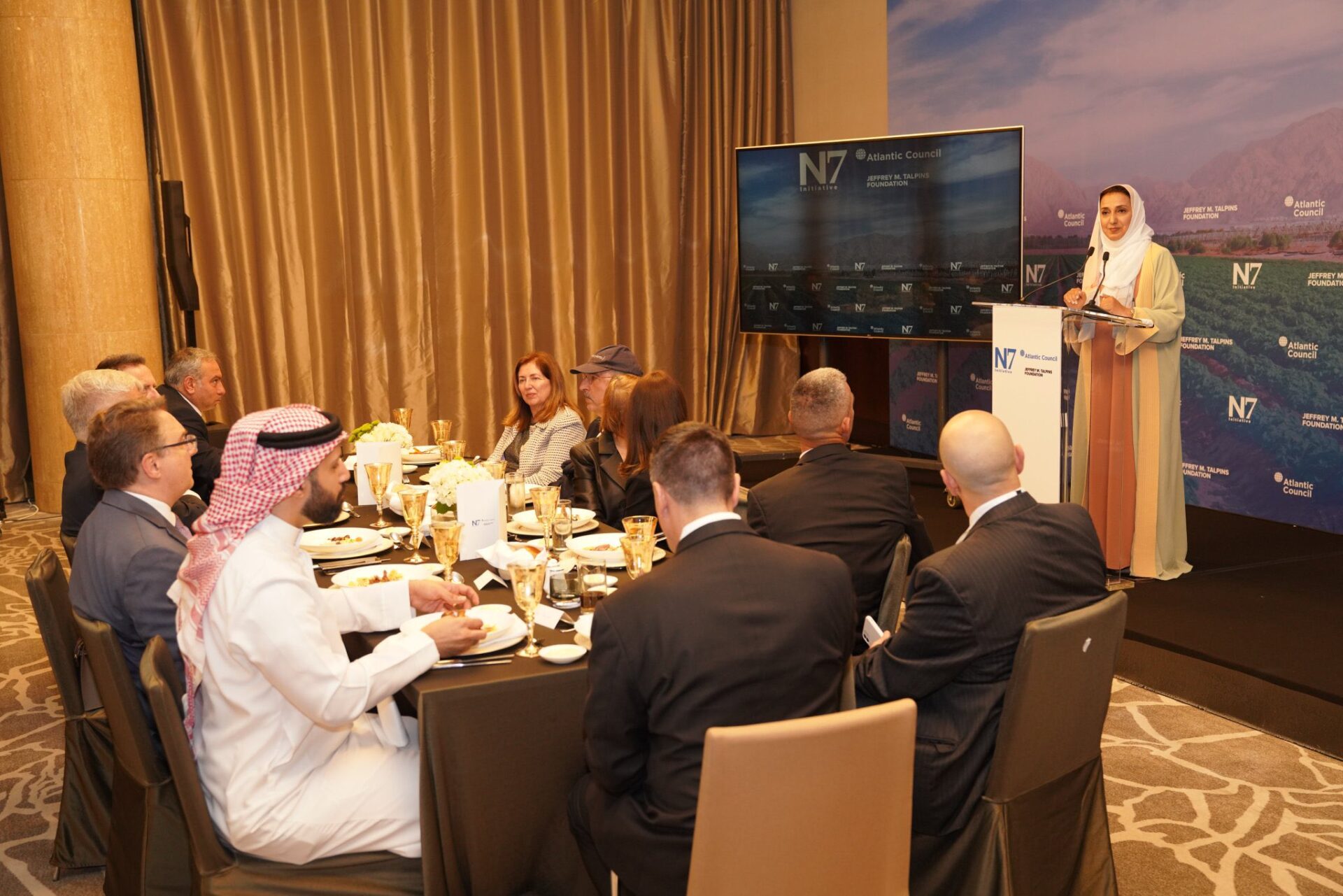
N7 INITIATIVE
N7 participants meeting in Abu Dhabi
What can the Abraham Accords countries learn from an impact investor who is focused on electrifying sub-Saharan Africa?
Angela Homsi said she found herself answering that question from a number of people whom she met at last week’s N7 Conference on Agriculture, Water and Food Security in Abu Dhabi, United Arab Emirates.
Beirut-born Homsi co-founded the renewable energy company Ignite Power as a vehicle for supplying remote villages across the world’s least-connected continent with the tools and infrastructure they need to prosper in the modern world. Teaming up over the past seven years with organizations such as the World Bank, UK Aid Direct, Power Africa and Bloomberg New Energy Finance, Homsi has focused on bringing electricity, fresh water and internet access to some of the poorest countries on earth.
Homsi’s company, which has its main offices in the United Arab Emirates and Israel, was one of the Middle Eastern businesses featured at last week’s N7 Conference, a project of the Atlantic Council and Jeffrey M. Talpins Foundation aimed at showing tangible benefits from the normalization of ties between Israel and its Arab neighbors.
“I grew up in these places,” Homsi told The Circuit. “From the start of my career, I’ve wanted to find solutions that would help with the situation in our region.” The one-time Goldman Sachs trader was born to Jewish and Christian parents in the midst of the long-running Lebanese civil war.
“Our relationship together is not about a few more billions of dollars of bilateral trade, it’s about what our partnership could mean for us in unlocking massive problems that are really global problems,” she said in a Zoom interview from Abu Dhabi.
Ignite’s successes with solar power projects in Rwanda and Mozambique offered lessons in developing processes and smart operations that Homsi hopes can be applied in tandem with the N7 Initiative, which is focused less on senior government officials and more on experts and program-level executives.
“When the water scientists, the ag-tech entrepreneurs and the climate experts pool their knowledge and resources, they can apply solutions to the issues that present challenges, but also opportunities that are common to all the countries of the Middle East and North Africa region,” said the N7’s Initiative director, Daniel Shapiro, who was U.S. ambassador to Israel during the Obama administration, from 2011 to 2017.
Homsi said that what she saw at the N7 conference was similar to what Ignite has found critical to its successes in Africa. “We’re bringing to the table each of our separate distinct core competencies… in order to potentially solve problems that are way bigger than just one country.”
The N7 Initiative is working to expand normalization between Israel and Arab and Muslim countries. In October 2021, it convened the first-ever gathering of ministers and other senior officials from Israel, Morocco, Egypt, Jordan, Sudan, Bahrain and the UAE. This time four other nations participated that do not have ties with Israel, but preferred not to be identified.
The conference brought together more than 100 politicians, academics and NGO executives in what organizers of the N7 Initiative hoped would be a successful follow-up from January’s Negev Forum working group meetings and the N7’s December conference on education and coexistence.
“At a time when political dynamics are injecting a degree of instability into new regional relationships, participants from 11 different nations convened together to discuss tangible initiatives relating to water, food security and agriculture technologies,” Shalom Lipner, a Jerusalem-based, nonresident senior fellow with the Atlantic Council who worked on the conference in Abu Dhabi, told The Circuit. “Their enthusiasm to propose actual deliverables, real projects that aim to improve quality of life for all peoples of the region, was inspiring and holds the promise for a better future in a beleaguered part of the world.”
The three-day program featured opening keynote remarks from Tzachi Hanegbi, Israel’s national security advisor, and Nawal Al-Hosany, the UAE’s permanent representative to the International Renewable Energy Agency. Hanegbi expressed Israeli Prime Minister Benjamin Netanyahu’s desire to expand the number of countries joining the Abraham Accords.
Meanwhile, the second day’s lunch crowd heard via video link from former U.K. Prime Minister Tony Blair, who is now executive chairman of the eponymous London-based Institute for Global Change. Following Blair was U.S. Sen. Cory Booker (D-NJ), who is co-chair of the Abraham Accords Caucus. Booker was one of a handful of U.S. congressional leaders who had a presence at the event.
And Homsi said there was a real resonance between the approach that Ignite brings to its projects and remarks to the conference from Ambassador Cindy McCain, permanent representative of the U.S. Mission to the United Nations Agencies for Food and Agriculture in Rome.
“Producing more with less is crucial to building resilient food systems and requires a united global effort,’ McCain said in taped remarks. McCain is due to become executive director of the UN World Food Program next month.
Israeli Ambassador to the UAE Amir Hayek attended the conference and opened his remarks with a tribute to Emirati President Sheikh Mohammed Bin Zayed for initiating normalization with Israel under the Abraham Accords. He expressed the hope that the Israeli-Arab agreements would lead to “a new Middle East, a new region [and] new relationships for the benefit of the future of the next generation.”
The N7 initiative held a previous conference in December on education and coexistence and its organizers said there will be more. “We look forward to continuing our support for the governments working to advance regional integration at our upcoming conference,” Oren Eisner, president of the Talpins Foundation, told participants in the closing session.
